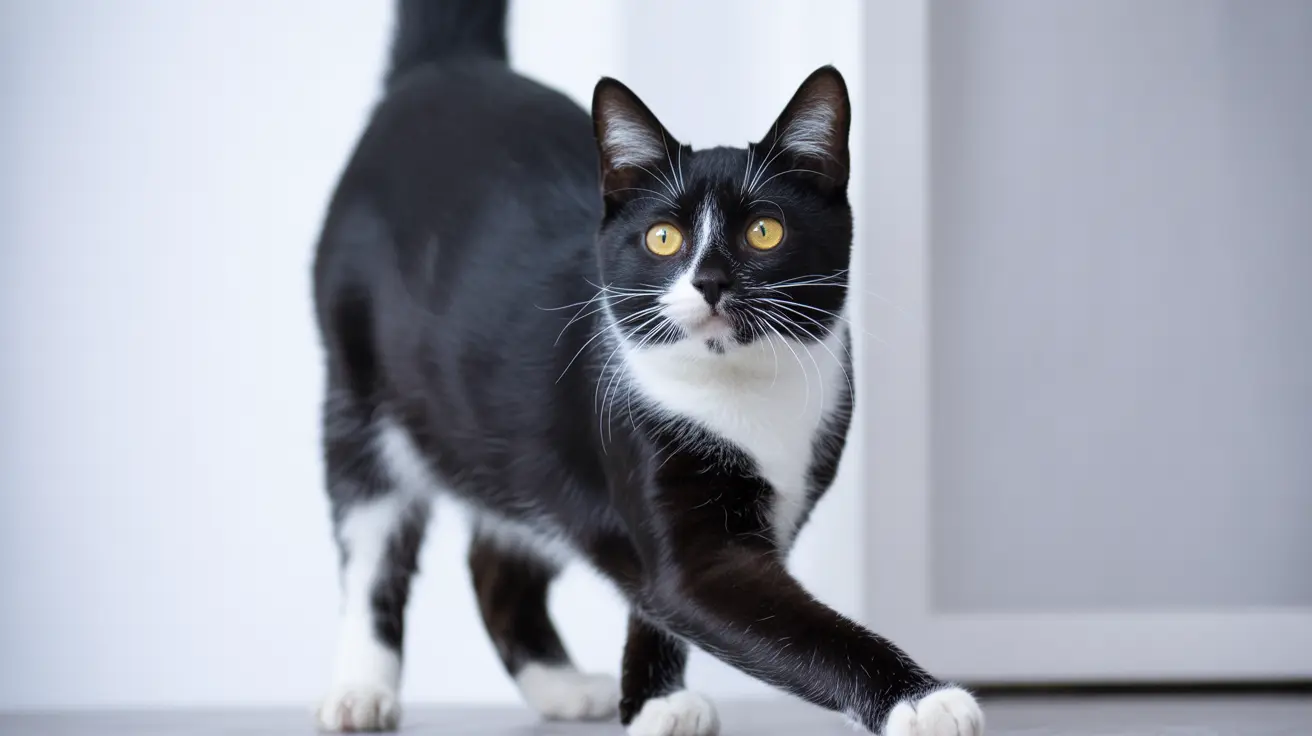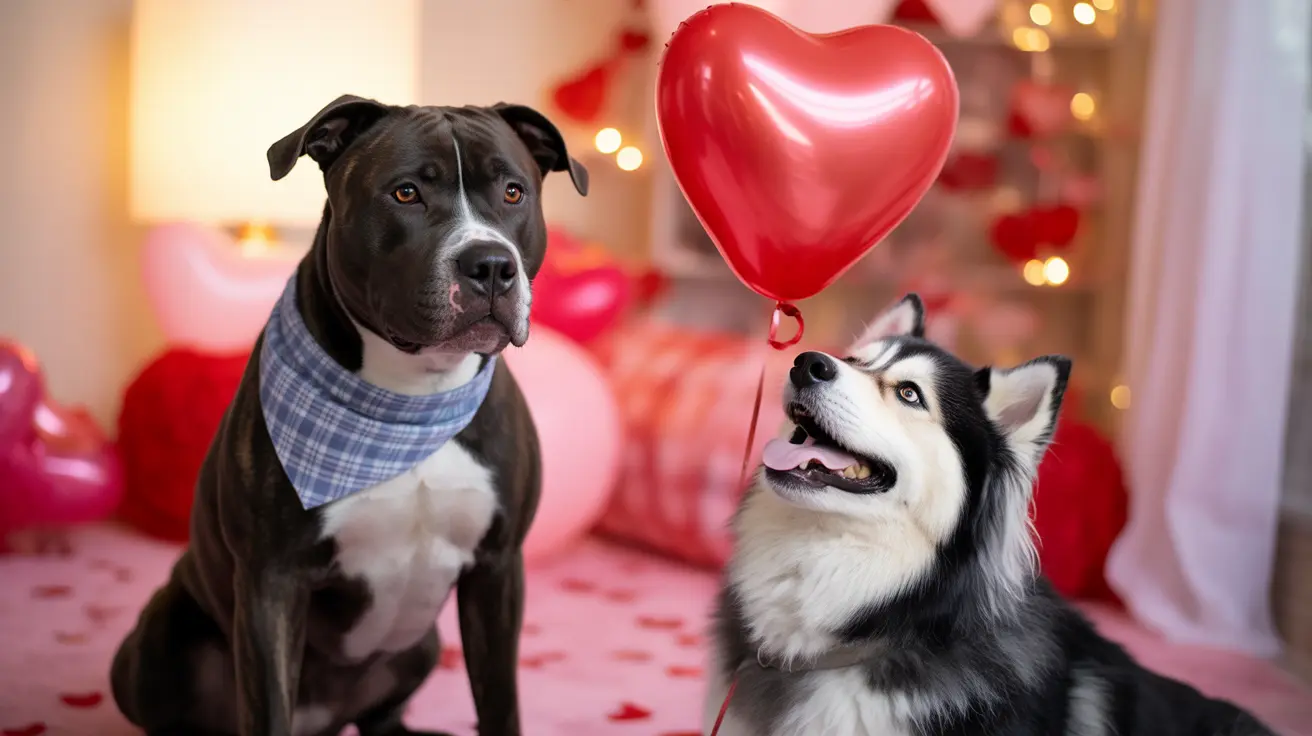Should You Use Dove Soap on Dogs?
Many pet owners wonder if household products like Dove soap are safe for their furry friends. If you're out of dog shampoo and considering using Dove, there are a few important facts you should know before reaching for that familiar white bar.
Why Human Soaps Like Dove Aren't Ideal for Dogs
At first glance, Dove seems gentle—after all, it's marketed as a moisturizing soap for sensitive human skin. But dogs have different skin biology. Their skin is thinner and has a more neutral pH (around 6.2–7.4) compared to humans (about 5.5–5.6). This difference means that soaps made for people can disrupt the natural oil balance on a dog's skin.
- Disrupted pH Balance: Human soaps can strip away protective oils, leaving your dog's skin dry or irritated.
- Skin Sensitivity: Dogs' skin is more prone to redness, flakiness, and itching when exposed to harsh or inappropriate cleansers.
If you use Dove soap on your dog—even just once—make sure to rinse thoroughly with lukewarm water to remove all residue. Watch closely for any signs of irritation such as excessive scratching, redness, or hair loss. If symptoms persist or worsen, consult your veterinarian promptly.
What If There's an Emergency?
If you find yourself without dog shampoo and your dog really needs a bath (maybe after a muddy adventure), using Dove soap is not ideal but may be acceptable as a one-time emergency solution. However, it's best to consider other alternatives first:
- Unscented baby shampoo: Gentler than most human soaps; use sparingly and rinse well.
- Mild dish soap (like Dawn): Effective at removing grease but very drying—use only once if absolutely necessary.
- Baking soda paste: Mix with water and apply to coat, then rinse; helps with odors and minor rashes.
- Diluted vinegar (white or apple cider): Mix equal parts with water for odor control; rinse thoroughly afterward.
- Cornstarch: Works as a dry shampoo substitute—apply, let sit briefly, then brush out.
Avoid using lemon juice mixes unless specifically advised by your vet—the acidity can worsen existing irritation.
If Dove Soap Gets in Eyes or Is Ingested
If some Dove soap accidentally gets into your dog's eyes during bathing, gently flush the eyes with clean water. Signs of eye irritation or pain should prompt a call to your vet. Should your dog ingest small amounts of Dove soap (perhaps while licking itself after a bath), mild stomach upset like vomiting or diarrhea may occur. Monitor for more serious symptoms such as persistent vomiting, bloating, facial swelling, or breathing difficulty—and seek veterinary care if these arise.
Homemade Shampoo Alternatives
If you're interested in making your own dog-safe shampoo at home when you're out of commercial products, try this simple recipe:
- Mix 1 cup non-toxic dish soap with 1 cup white or apple cider vinegar.
- Add 1/3 cup glycerin and 2 tablespoons aloe vera gel.
- Dilute the mixture in 1 quart of water and apply using a spray bottle; lather gently and rinse well.
You can also grind oatmeal into powder and mix it with baking soda and water for a soothing wash—especially helpful for itchy or sensitive skin. Always test any homemade mixture on a small patch before full use to check for adverse reactions.
The Best Routine: Stick With Dog Shampoo
The safest option is always a shampoo formulated specifically for dogs. These products are pH-balanced for canine skin and avoid harsh chemicals that could cause allergic reactions or chemical burns. Frequent use of human shampoos—including Dove—can lead to chronic dryness, dull coats, increased shedding, and ongoing irritation.
- Bathe most healthy dogs every one to three months (frequency varies by breed and coat type).
- Avoid getting any shampoo in the eyes, ears, or mouth during baths.
If you must use an emergency substitute like Dove just once, monitor your pet closely afterward—and return to regular dog shampoo as soon as possible. For ongoing issues like dryness or allergies, ask your vet about medicated shampoos tailored to your dog's needs.
Caring for Your Dog's Skin Between Baths
Regular brushing goes a long way toward maintaining healthy skin and coat by distributing natural oils and removing dead hair. If your dog has special sensitivities or health concerns (like frequent itching or allergies), always seek advice from your veterinarian before trying new grooming products—even those labeled as gentle or hypoallergenic for people.





